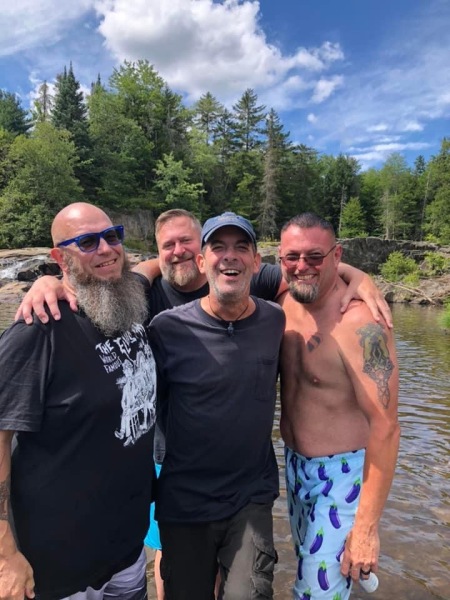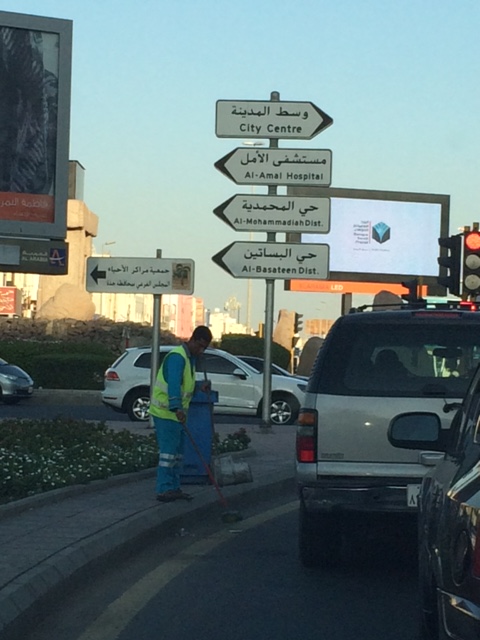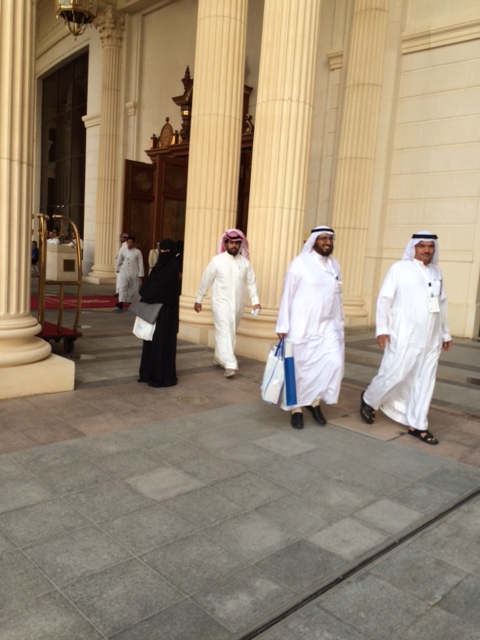I’m on a RyanAir flight from London Luton Airport. Shit airport. Delayed. Seats too narrow. Weather a factor. I need to get out of my head. Get out of my habits. About six months ago I was grinding for the US government. My house is now a prison, and Ireland my temporary reprieve.
If you go to Ireland to dry out then you can imagine my state. Imagine a dry Ireland. I could, and I would. The sky could not. It was near the tail end of storm Isha. The rain and wind were fucking angry. The plane lands sideways. I make it to the rental car place, and drive to Knappagh just south of Westport, County Mayo.
I had found an old rectory that at one time offered writing retreats. On that property there is a cabin. It’s nestled in the woods, private, and not within walking distance to a pub. Perfect for my dry Ireland. I arrive in a driveway full of mud, branches littering, at dusk, the cabin in utter darkness. It’s unlocked. Freezing inside. No power, no heat.
The storm is in full effect. Oddly, Isha is the Muslim call to prayer when darkness falls and there is no scattered light in the sky. True to form this night. Just the agony of creaking trees and the spite and sting of rain on the face.
I pull blankets from every corner of the cabin and find the bed. I’m wrapped, swaddled, shivering. It’s been a shit day and I’m going to sleep, or try my best. But all night there are ghosts about. Howling. Tapping. Noisy fucking ghosts.
Morning. The sun is out. The wind and rain have stopped for now. I step out of the cabin and see the looming shadow of a an abandoned stone church just steps from me. This is the Ireland I wanted. The driveway is littered with leaves, the clouds not sure of their next move, but the church is a beacon of some sort.
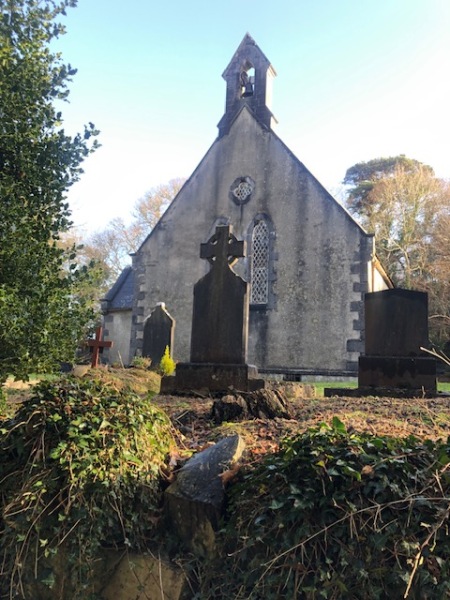
The trod to the the church is a tangled slog of mud and wood. I’m a bit wobblily, unfortified. I get there. Slate roof, tall broken windows, and the doors are locked. I tried the doors. I promised my daughter I would. The church is surrounded by those jagged sheets of slate that had come off the roof. I hadn’t considered this before. Fuck, they would be deadly in a storm, like last night.
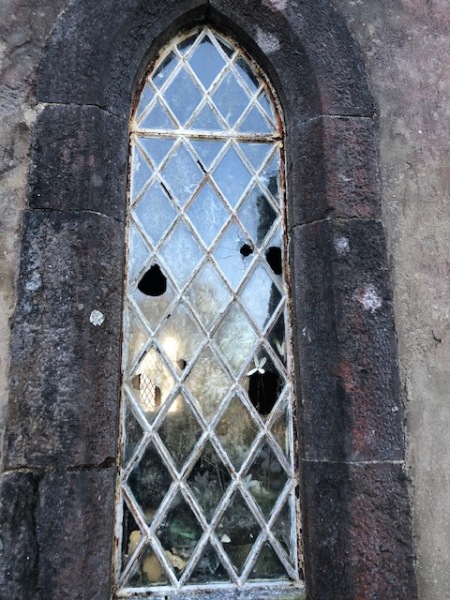
The churchyard is small but not insignificant. Family names, whole families. But its so peaceful and beautiful and like any place you’d like to lie down and rest your head, your life. Everything. I mentally record the names, and they are not Irish names, well, some, but not all.
There’s a row of Junipers at the edge of he churchyard. Vibrant, green, tall junipers, and in between the last few there’s a headstone. Pale and gray as you’d expect. Stained by the rain. And here’s what it said. This is all it said:
“George the beloved son of the Rev John Liddy died October 13th 1868 aged 12 years.”
For all the words a priest can muster. For every bellowing call for repentance or redemption. Pointed fingers and spit-stained cheeks of accusation. This. A heart so shrunken that he lost his words. A priest. An Irishman.
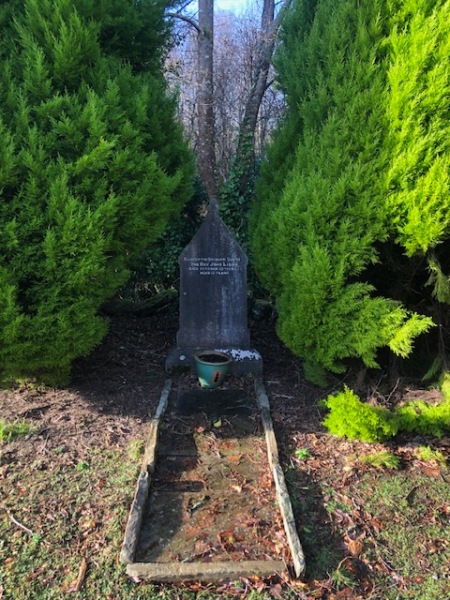
Fuck me. I get it. What more can be said? A life unlived, a boyhood suspended. A father ripped apart by grief.
The church has been abandoned for a century or more. It was St. James but you can’t see that on the map. It was a protestant church that served the immigrants that worked in an iron forge across the way. Its broken windows and treacherous slate roofs are all that remain to guard over a churchyard of forgotten souls.
In the wind, the juniper trees dance. Green all year around, and George Liddy will never be alone.


